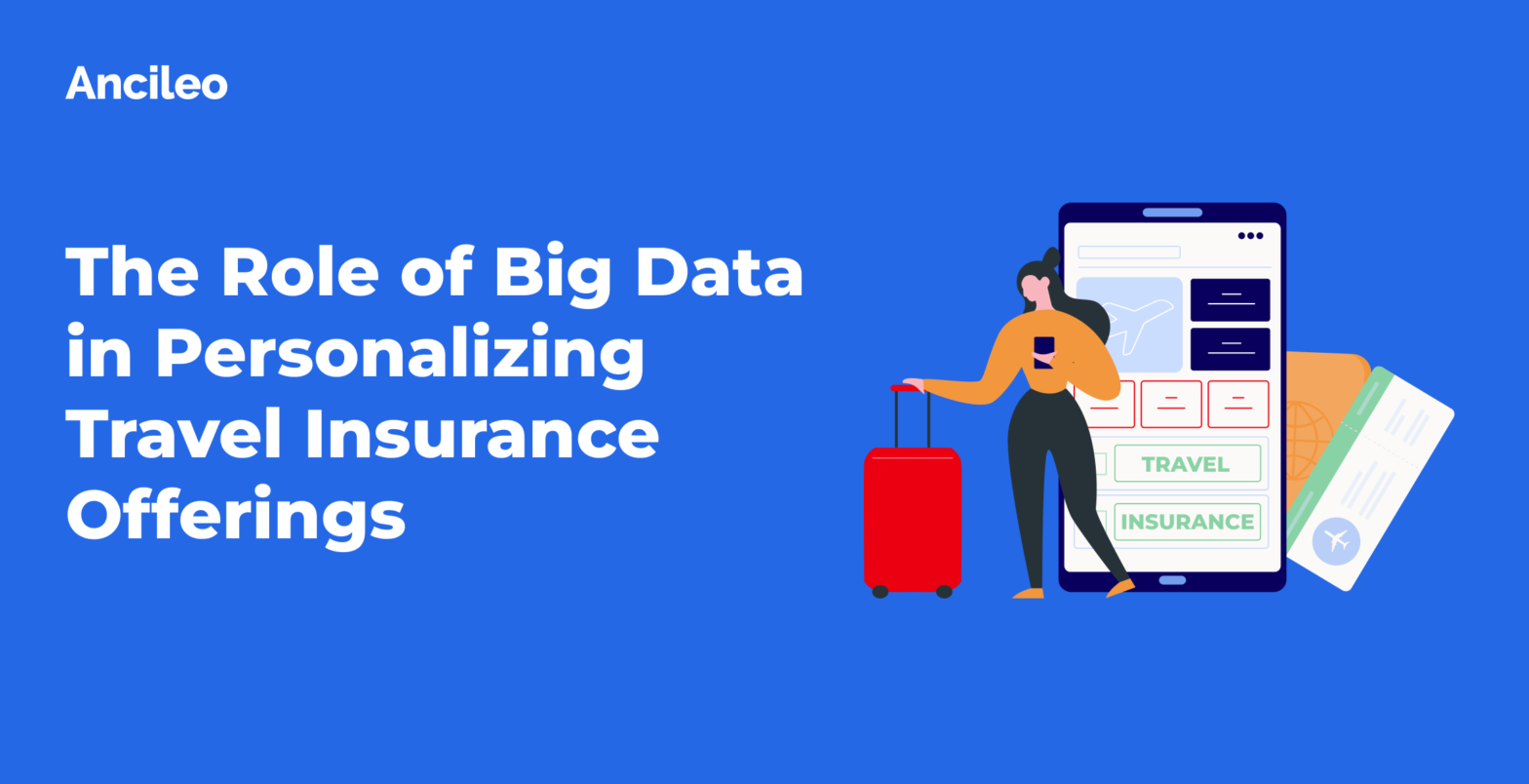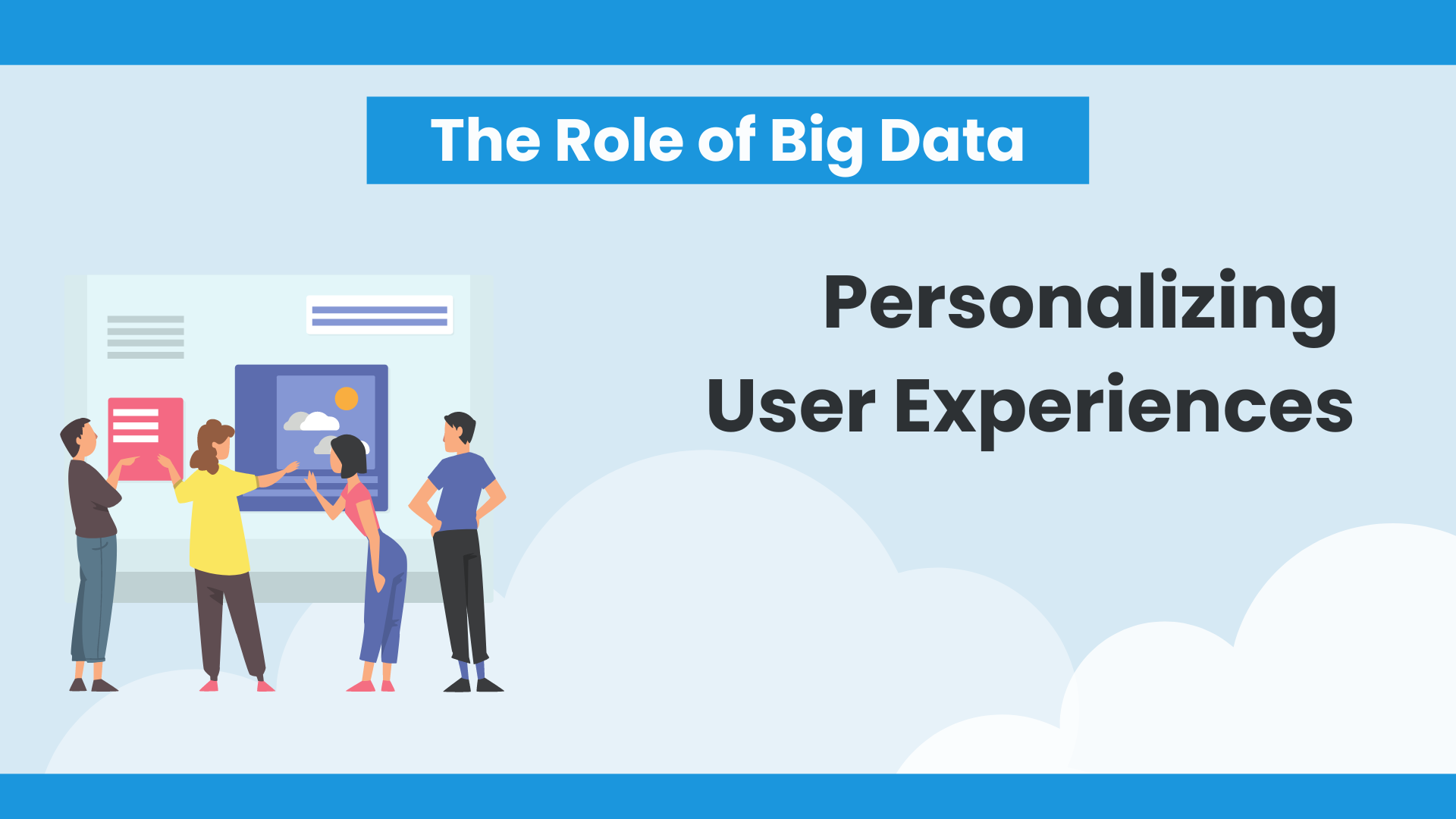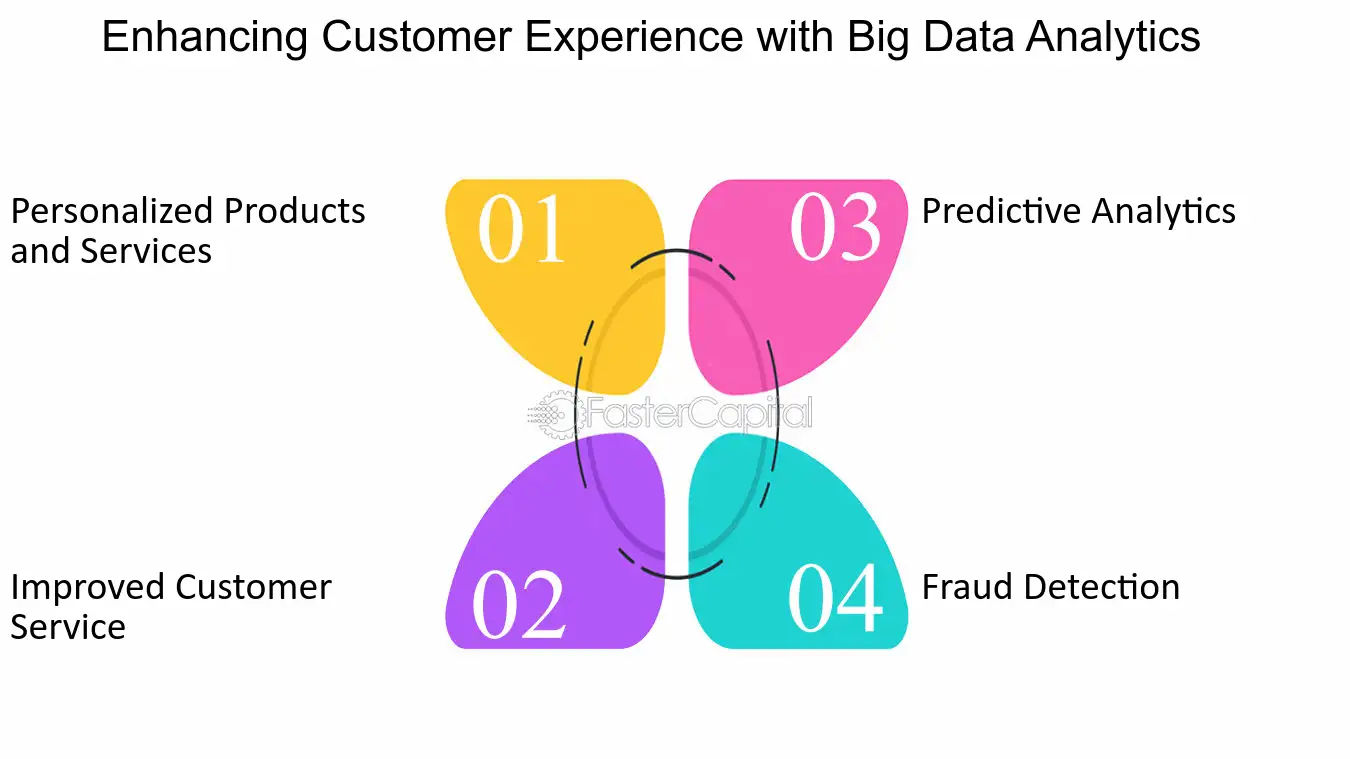
In today’s digital age, the role of big data in personalizing travel insurance offerings has become increasingly significant. As the travel insurance industry evolves, using big data and artificial intelligence (AI) has become essential. It is used to understand customer needs and tailor insurance products to individual preferences.
By analyzing vast amounts of customer data, insurers can gain valuable insights into individual preferences and behaviors, allowing them to offer personalized insurance offerings. This level of personalization not only enhances the customer experience but also improves risk assessment and pricing accuracy.
This article explores the definition of big data in travel insurance and the importance of personalization in travel insurance offerings. In addition, the pivotal role of AI in analyzing customer data to deliver tailored insurance solutions is discussed. Let’s delve into the transformative impact of big data and AI in shaping the future of travel insurance.

Source: LinkedIn
Travel insurers are grappling with several challenges. These include the dynamic nature of travel risks, evolving customer expectations, and the need for streamlined claims processes. The travel industry has seen unprecedented changes in recent years, from fluctuating geopolitical situations to the global pandemic. These changes significantly alter travel patterns and risks. Insurers must continuously adapt their policies and offerings to address these shifting landscapes effectively.
However, there is also increasing awareness of travel-related risks and the rising number of international travelers driving market expansion. The growth rates and market size projections for travel insurance indicate a steady upward trajectory. This can be further fueled by the growing demand for comprehensive coverage and the emergence of new travel destinations. Regional variations and trends in travel insurance highlight travelers’ diverse preferences and risk profiles across different geographical areas, influencing the development of tailored insurance products.
Different regions exhibit unique preferences, regulatory frameworks, and market dynamics. Regional variations play a significant role in shaping the landscape of travel insurance. Understanding regional trends is crucial for travel insurers to cater to diverse markets and consumer needs effectively. Travel insurers must stay informed about regional trends to cater to diverse markets and consumer needs effectively.
For example, there is a growing demand for comprehensive coverage in Europe, including protection for natural disasters and political unrest. In Asia, travel insurance policies that offer coverage for medical expenses and trip cancellations are particularly popular. By understanding these regional preferences and regulatory frameworks, insurers can tailor their offerings to meet the specific needs of travelers in each market. This adaptability is crucial for insurers to remain competitive and provide comprehensive coverage in an ever-evolving landscape.

Source: The Role of Big Data in Personalizing User Experiences (cetdigit.com)
Big data analytics has revolutionized the insurance sector, enabling companies to harness massive amounts of data to gain valuable insights. In travel insurance, big data analytics is crucial in enhancing risk assessment, fraud detection, and the development of personalized pricing models.
Recently, big data has been leveraged for advanced risk assessment and the development of personalized pricing models. Furthermore, it enhances fraud detection and prevention mechanisms to safeguard insurers and policyholders alike. Insurers invested in big data have seen a significant 30% increase in efficiency and a 60% increase in fraud detection rates. As technology advances, travel insurers also explore the potential of artificial intelligence and machine learning to improve their services.
These innovative technologies can help insurers analyze vast amounts of data to identify patterns and trends. They also enable them to offer more accurate risk assessments and personalized coverage options. Additionally, integrating digital platforms and mobile apps allows for seamless communication between insurers and policyholders. In other words, enhancing the overall customer experience in the travel insurance industry.

Source: AI and machine learning: Powering the next-gen enterprise | CIO
AI algorithms play a crucial role in analyzing customer behavior by processing large volumes of data to identify patterns, preferences, and trends. By leveraging machine learning techniques, businesses can gain valuable insights into customer interactions, purchase history, and engagement metrics. This enables personalized product recommendations, tailored marketing campaigns, and improved customer experiences.
AI and machine learning empower businesses to segment their customer base effectively and develop targeted marketing strategies. AI can identify distinct customer segments by analyzing customer data, such as demographics, purchase behavior, and interaction history. Thus, personalize marketing messages to cater to specific needs and preferences.
AI-driven dynamic pricing models utilize real-time data to adjust prices based on demand, supply, and market conditions. This enables businesses to optimize pricing strategies, maximize revenue, and offer personalized pricing options to individual customers. By leveraging AI, businesses can adapt pricing dynamically, ensuring competitive pricing and improved customer satisfaction.
AIG Travel has announced a significant upgrade to its Travel Assistance App, partnering with GeoSure to integrate hyper-local safety information for travelers. This integration leverages big data, AI, and crowd-sourced reporting to provide the most granular safety ratings available, down to the neighborhood level in over 65,000 cities. GeoSure’s data allows AIG to personalize travel insurance based on individual traveler needs.
InsureMyTrip brings advancements in using machine learning to personalize the travel insurance buying process. Their improved recommendation engine helps travelers find the right plan much faster (15-20x quicker than manual comparison). This translates to a more efficient and streamlined customer experience. Machine learning personalizes travel insurance selection, leading to a faster and more efficient customer experience.

Source: Enhancing Customer Experience Through Data Analysis – FasterCapital
Big data plays a crucial role in revolutionizing the customer experience in the travel insurance industry. By leveraging large volumes of data, insurance companies can gain valuable insights that lead to better customer experiences. Here are two key ways big data enhances customer experience in travel insurance:
Big data analytics enables insurers to analyze customer travel behavior, such as destinations, frequency of travel, and travel preferences. This information allows insurers to tailor insurance policies that precisely match the customer’s needs. Further ensuring that they are adequately covered for their specific travel patterns. By offering personalized policy recommendations, insurers can significantly enhance the customer’s experience by providing coverage that aligns with their requirements.
With big data analytics, insurance providers can proactively address customer needs and streamline claims processing. By analyzing historical data and customer interactions, insurers can anticipate customer queries, provide proactive assistance, and expedite the claims process. This proactive approach enhances customer satisfaction and instills confidence in the insurer’s ability to deliver efficient and responsive service.
Another way big data improves travel insurance customer experience is through fraud detection and prevention. By analyzing patterns and anomalies in data, insurance companies can identify potential fraudulent activities and take proactive measures to prevent them. This protects the company’s bottom line and ensures legitimate customers receive prompt, hassle-free service.

Source: Overcoming Regulatory And Ethical Issues In Big Data Analysis – FasterCapital
Regulatory and Ethical Considerations are pivotal in utilizing big data, especially in data privacy and security. With the increasing volume and complexity of data collected and analyzed, organizations are tasked with protecting sensitive information. Compliance with regulations such as the General Data Protection Regulation (GDPR) and other regulatory frameworks is essential to safeguarding individual privacy rights.
Ethical considerations also come into play, as the responsible and transparent use of big data is crucial to maintaining public trust. Organizations must balance the potential benefits of big data utilization with the ethical implications. Furthermore, ensure that data privacy and security concerns are addressed in a manner that aligns with regulatory requirements and ethical standards.
Organizations must establish robust data governance frameworks to address regulatory and ethical considerations when utilizing big data. This includes implementing data protection measures, conducting regular privacy impact assessments, and providing clear data handling and sharing guidelines.
Additionally, organizations should prioritize transparency and accountability by regularly communicating their data practices to stakeholders and obtaining informed consent when necessary. By proactively addressing regulatory and ethical considerations, organizations can build trust with individuals and ensure the responsible and secure use of big data.

Source: 5 Trends that will Determine the Future of Big Data Technologies (analyticsinsight.net)
The insurance industry is experiencing a transformation driven by emerging technologies shaping personalized insurance’s future. Two key trends revolutionizing the industry are predictive analytics and AI-driven predictive modeling. They work along with the integration of IoT data for real-time risk assessment.
Predictive analytics, powered by artificial intelligence, enables insurance companies to analyze vast amounts of data to predict future outcomes and identify potential risks. By leveraging machine learning algorithms, insurers can more accurately assess customer behavior, preferences, and risk profiles. Further leading to the development of personalized insurance products tailored to individual needs.
The integration of Internet of Things (IoT) data allows insurers to gather real-time information from connected devices such as smart home sensors, wearable devices, and telematics systems. This data provides insights into customer behavior, lifestyle, and environmental factors, enabling risk assessment in real-time. By utilizing IoT data, insurers can offer dynamic and usage-based insurance policies, fostering a more personalized and responsive approach to risk management.
The integration of big data and AI has revolutionized the personalization of travel insurance, offering a myriad of benefits to both insurers and policyholders. By analyzing big data, insurers can tailor insurance plans to individual needs, resulting in more accurate risk assessment.
AI-powered chatbots and virtual assistants have enhanced customer service, providing real-time support and personalized recommendations. The evolution of personalized insurance offerings is expected to continue, with advancements in AI technology enabling even more tailored and responsive insurance products.
As data collection and analysis capabilities improve, insurers will be better equipped to anticipate customer needs and offer proactive coverage. Thus, ultimately leading to a more seamless and personalized insurance experience for travelers.